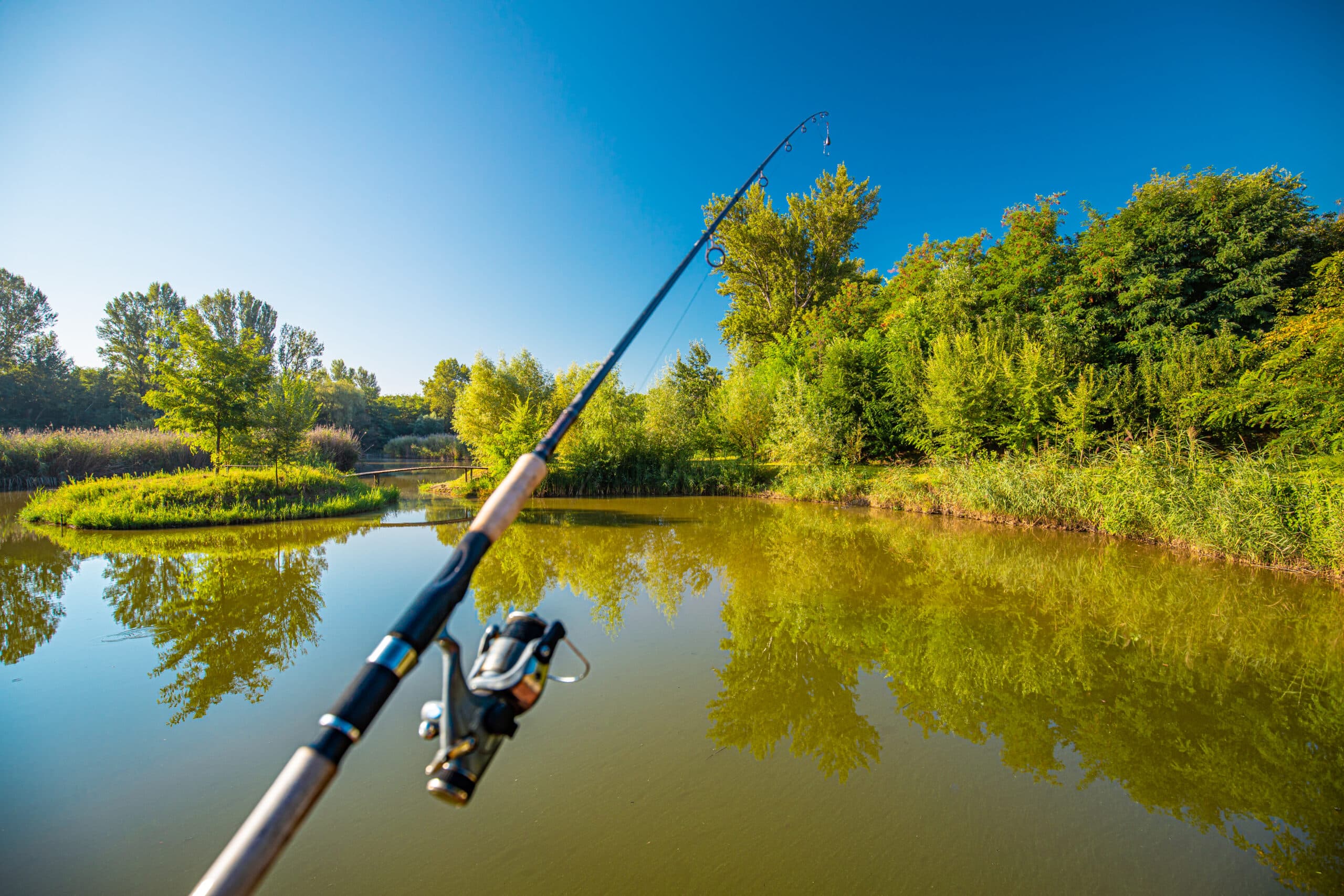Is it OK to store fishing rods outside?
Key Takeaways
- Storing fishing rods outside offers convenient access for spontaneous fishing trips, saves space indoors, can be cost-effective, and can showcase rods as decor.
- Storing fishing rods outside increases the risk of damage from harsh weather conditions, exposure to moisture, potential theft or unauthorized access, and limited protection from accidental damage or breakage.
- Weather conditions, such as prolonged sunlight, extreme temperatures, moisture, and strong winds, can have detrimental effects on the longevity and performance of fishing rods.
Storing fishing rods is a common concern among anglers, and one question that often arises is whether it is okay to store fishing rods outside. There are varying opinions on this matter, with some people advocating for storing rods outdoors for convenience and space-saving purposes, while others express concerns about potential damage and theft. In this article, we will explore the pros and cons of storing fishing rods outside, examine the effects of weather conditions on rod longevity, and provide recommendations for proper rod storage.
Pros of Storing Fishing Rods Outside
Let’s start by looking at the advantages of storing fishing rods outside:
- Convenient access to fishing rods for spontaneous fishing trips.
- Saves space in indoor storage areas.
- Can be cost-effective if using DIY storage solutions.
- Can showcase fishing rods as decor.
These benefits make storing rods outside an attractive option for anglers who frequently engage in fishing activities and want easy access to their gear.
Cons of Storing Fishing Rods Outside
While the convenience and space-saving aspects of outdoor rod storage are appealing, it is important to consider the potential drawbacks:
- Increased risk of damage from harsh weather conditions.
- Exposure to moisture, which can cause rust or damage to fishing rods.
- Potential for theft or unauthorized access to fishing rods.
- Limited protection from accidental damage or breakage.
These concerns highlight the need for careful consideration when deciding to store fishing rods outside.
The Effects of Weather Conditions on Rod Longevity
One of the primary factors to consider when storing fishing rods outside is the impact of weather conditions on their longevity. Exposure to extreme weather can have detrimental effects on the rods, potentially leading to damage and decreased performance. Here are some specific effects to be aware of:
- Exposure to prolonged sunlight can damage the rods, leading to fading or discoloration.
- Extreme temperatures can weaken or warp the rods, affecting their overall strength and integrity.
- Moisture from rain or dew can cause rust or other forms of damage to the rod materials.
- Strong winds and storms can result in accidental damage or breakage if the rods are not properly secured.
These effects emphasize the importance of protecting fishing rods from the elements to ensure their longevity and optimal performance.
Recommendations for Proper Rod Storage
Based on the information provided, it is evident that storing fishing rods outside can pose risks to their condition and performance. To mitigate these risks and ensure the longevity of your rods, consider the following recommendations:
- Use weatherproof rod holders or protective covers to shield the rods from harsh weather conditions, direct sunlight, and moisture.
- Store the rods in a dry place away from extreme temperatures, such as a garage or shed.
- Secure the rods properly to prevent theft or unauthorized access.
- Regularly inspect and maintain the rods to identify any signs of damage or deterioration.
- Consider investing in indoor storage options, such as rod racks or cases, for added protection.
Following these recommendations will help preserve the quality and performance of your fishing rods, ensuring they last for many fishing seasons to come.
Conclusion
In conclusion, while storing fishing rods outside may offer convenience and space-saving benefits, it is essential to consider the potential risks and negative effects on rod longevity. Exposure to harsh weather conditions, moisture, and the risk of theft or accidental damage can all impact the rods’ performance and lifespan. Therefore, it is recommended to take necessary precautions and store fishing rods in a dry and protected environment, away from direct sunlight and extreme temperatures. By following these guidelines, anglers can enjoy their fishing rods for years to come.
Related Websites:
FAQs:
Q: What are the benefits of proper fishing rod storage?
Proper fishing rod storage ensures the longevity and optimal performance of your rods. By storing them correctly, you can prevent damage, such as warping or breaking, which can significantly extend their lifespan.
Q: What impact can weather conditions have on fishing rods stored outside?
Different weather elements can significantly affect fishing rods stored outside. Exposure to rain, snow, or extreme temperatures can cause damage, such as corrosion, weakening of the rod material, or even breakage.
Q: How does sunlight exposure affect fishing rods?
Prolonged exposure to sunlight can be harmful to fishing rods. UV rays can weaken the rod’s integrity, fade its color, and degrade the rod’s material over time. It is important to protect rods from direct sunlight to maintain their quality.
Q: Why is it important to choose suitable storage locations for outdoor rod storage?
Choosing suitable storage locations for outdoor rod storage is crucial to prevent damage. Opt for areas that provide shelter from weather elements and minimize exposure to direct sunlight. Additionally, avoid storing rods near corrosive substances or in high traffic areas where they may be accidentally bumped or knocked over.
Q: What tips can help protect fishing rods stored outside?
To protect fishing rods stored outside, conduct periodic inspections to detect any signs of damage or issues. Use rod covers or sleeves to provide extra protection against weather elements and potential scratches. Additionally, consider investing in rod racks, rod holders, or protective covers specifically designed for outdoor storage.






